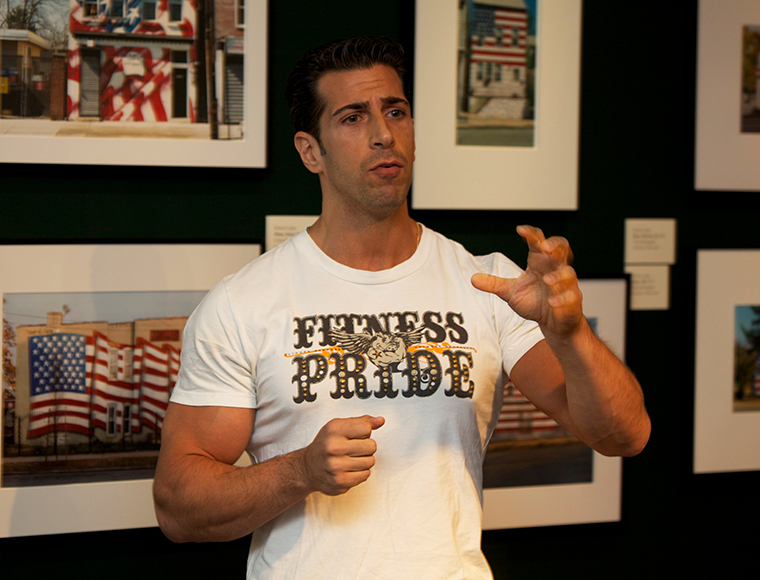“But one thing is certain in the case of nutrition and health, the science can be confusing and can lead to ‘paralysis by analysis’ (a state in which you take no action because you’re not sure what to do).”
— health expert Melissa Hartwig Urban
There seems to be more and more confusion and conflicting information about what to eat, when to eat and how much to eat prior to exercise. Below I try to break it down thanks in large part to my governing nutrition certification, Precision Nutrition. The following is based on that research and philosophy.
Pre-exercise nutrition
What and when you eat before exercise can make a big difference to your performance and recovery. In the three hours before your workout, you’ll want to eat something that helps you:
• sustain energy;
• boost performance;
• hydrate;
• preserve muscle mass; and
• speed recovery.
Protein
Eating some protein in the few hours before exercise:
• Can help you maintain or even increase your muscle size. That’s important for anyone who wants to improve health, body composition and/or performance.
• Can reduce markers of muscle damage (myoglobin, creatine kinase and myofibrillar protein degradation), or at least prevent them from getting worse. (Carbohydrates or a placebo eaten before exercise doesn’t seem to do the same thing.) The less damage to your muscles, the faster you recover, and the better you adapt to your exercise over the long term.
• Floods your bloodstream with amino acids just when your body needs them most. This boosts your muscle-building capabilities. So not only are you preventing damage, you’re increasing muscle size.
Before you rush off to mix a protein shake: While protein before a workout is a great idea, speed of digestion doesn’t seem to matter much. So any protein source, eaten within a few hours of the workout session, will do the trick.
Carbohydrates:
• Fuel your training and help with recovery. It’s a popular misconception that you only need carbs if you’re engaging in a long (more than two-hour) bout of endurance exercise. In reality, carbs can also enhance shorter term (one hour) high-intensity training. So unless you’re just going for a quiet stroll, ensuring that you have some carbs in your system will improve high intensity performance.
• Preserve muscle and liver glycogen. This tells your brain that you are well- fed and helps increase muscle retention and growth.
• Stimulate the release of insulin. When combined with protein, this improves protein synthesis and prevents protein breakdown. Another reason why a mixed meal is a great idea. No sugary carb drinks required.
Fats:
• Don’t appear to improve or diminish sports performance. And they don’t seem to fuel performance. That’s what carbs are for.
• Do help to slow digestion, which maintains blood glucose and insulin levels and keeps you on an even keel.
Like many of the topics that I address in my WAG articles, this one can run deep and elicit many follow up questions and comments. As always, I’ll be happy to continue this dialogue via email, so feel free to reach out to me at Gio@GiovanniRoselli.com.
Wishing everyone a happy and healthy start to the spring season.


